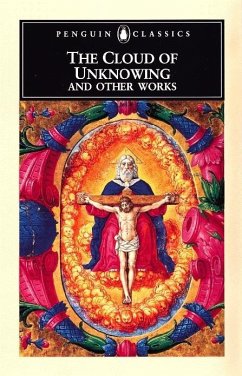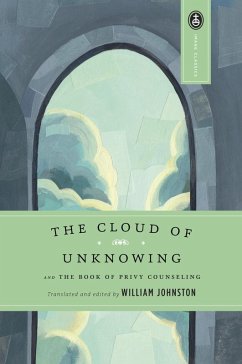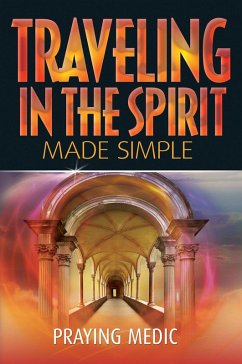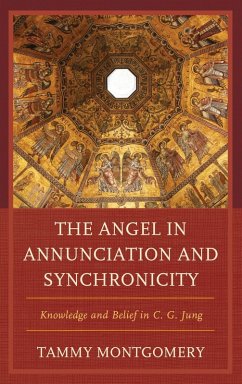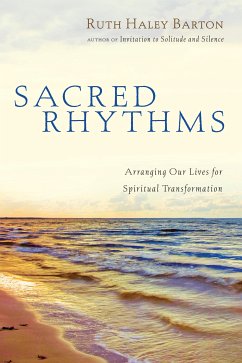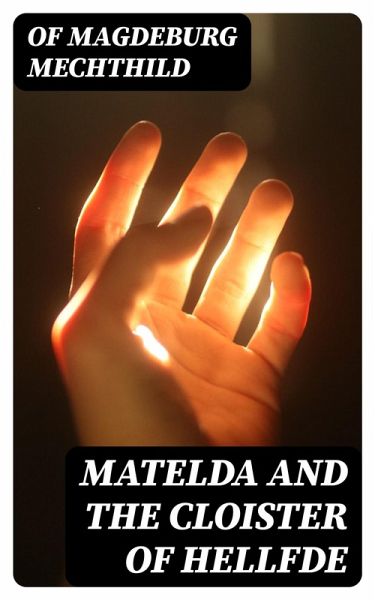
Matelda and the Cloister of Hellfde (eBook, ePUB)
Extracts from the Book of Matilda of Magdeburg
Übersetzer: Bevan, Frances
Versandkostenfrei!
Sofort per Download lieferbar
1,99 €
inkl. MwSt.
Weitere Ausgaben:

PAYBACK Punkte
0 °P sammeln!
In "Matelda and the Cloister of Hellfde," Mechthild of Magdeburg presents a profound exploration of spiritual awakening within the constraints of 13th-century monastic life. Through the character of Matelda, a visionary mystic, the text weaves a rich tapestry of devotional prose and poetry, illustrating the quest for divine knowledge and personal transformation. The literary style is characterized by vivid imagery and a notable use of first-person narrative, inviting readers to engage deeply with the interior experience of faith. Contextually, the work reflects the medieval struggle between em...
In "Matelda and the Cloister of Hellfde," Mechthild of Magdeburg presents a profound exploration of spiritual awakening within the constraints of 13th-century monastic life. Through the character of Matelda, a visionary mystic, the text weaves a rich tapestry of devotional prose and poetry, illustrating the quest for divine knowledge and personal transformation. The literary style is characterized by vivid imagery and a notable use of first-person narrative, inviting readers to engage deeply with the interior experience of faith. Contextually, the work reflects the medieval struggle between emerging individual spirituality and established ecclesiastical authority, suggesting a tension that resonates through the centuries. Mechthild of Magdeburg, a notable figure in medieval mysticism, experienced visions that profoundly shaped her theological perspective, ultimately inspiring her literary expressions. Raised in the context of a reforming church and educated within the cloisters, she drew upon her experiences in Hellfde to articulate the complexities of love, suffering, and divine union. Her life as both a beguine and an advocate for a personal relationship with God informs the theological depth embedded in her writings. I wholeheartedly recommend "Matelda and the Cloister of Hellfde" to scholars of mysticism and readers seeking a contemplative journey through the heart of medieval spirituality. Mechthild's eloquent prose serves as a beacon for those drawn to exploring the divine mysteries that transcend time and tradition.
Dieser Download kann aus rechtlichen Gründen nur mit Rechnungsadresse in A, B, BG, CY, CZ, D, DK, EW, E, FIN, F, GR, H, IRL, I, LT, L, LR, M, NL, PL, P, R, S, SLO, SK ausgeliefert werden.






